10 Reasons Why Fame is Different after Sixty
Last year, after 42 years of professional acting, Maria Vacratsis hit the Hollywood jackpot—a lovely little role in a major Hollywood blockbuster starring legendary heavy-hitters. The film was shot in the storied Shepperton Studios and on an exotic island in the Adriatic. Vacratsis was spoiled, pampered, and treated like royalty and she’s been reeling ever since. Fame hits differently after sixty. We spoke with Vacratsis about the whirlwind of booking a role in Mamma Mia! Here We Go Again.
Hollywood called in the summer of 2017. Vacratsis was surrounded by boxes, packing up her home in Mississauga to prepare for a move to Stratford with her husband. Her agent, Alicia Jeffrey at The Characters, called and said British casting director Nina Gold wanted to know Vacratsis’ availability for August to November. Vacratsis was shocked.
As it turned out, Tom Hanks and Gary Goetzman’s production company Playtone had produced My Big Fat Greek Wedding and My Big Fat Greek Wedding 2—in which Vacratsis played Aunt Freida. After an exhaustive search through England, Greece, and the US, for an actor to play the role of Sofia in Mamma Mia! Here We Go Again the producers came up empty handed. Until Goetzman and Hanks realized they’d had the perfect actor in front them all along.
A once in a career opportunity can happen
Vacratsis had to self-tape for the role, as her work was unknown to director and screenwriter Oliver “Ol” Parker. She had tickets booked for the next day to see The Madness of King George at the Shaw Festival. She called longtime friend Tom McCamus and they filmed the audition in his living room—the fading light providing added urgency—and sent it off. The production loved it. When negotiations began, Alicia Jeffrey asked Vacratsis what she wanted. “So I said, you know, because I’ll be flying a lot do you think, could I get bumped up to economy? Maybe premium economy?” Vacratsis told Jeffrey, who laughed and said, “Oh Maria. They’re not going to fly you economy.”
From August to December, Vacratsis flew across the Atlantic four times—three times to England, and once to Croatia. In mid-August, she landed in London and her driver Tony (who became one of her favourite people in London) brought her to Shepperton studios. “The first day they brought me there,” Vacratsis says, “it really blew my mind. I was sixty-two at the time. A once in a career opportunity can happen.” By the second day on set, the second AD knew Vacratsis preferred an Americano, and her berries sans blackberries (she doesn’t like the seeds). After a scene where the company performed a full musical number, Ol Parker approached Vacratsis to compliment her work in the background during the take. “I’m going, I was folding napkins buddy, but thank you,” Vacratsis remembered.

Left: Lily James and Maria Vacratsis. Right: Jessica Keenan Wynn, Maria Vacratsis, and Alexa Davies
Vacratsis loved playing the role of Sofia, an integral role in the film, but the overall experience of working on a blockbuster was once in a lifetime. In England, she was treated as a highly respected international actor as opposed to back home where she’s a Canadian working a local job. In Croatia, she arrived at her lodgings expecting to share it with another actor. The villa had three bedrooms, two bathrooms, and a terrace with a private pool overlooking the Adriatic Sea. “I thought oh this is lovely, who am I sharing with?” Vacratsis said. “And they [the producers] said, ‘oh no, no, this is yours.’ And I went, holy crap. Alright.” She met Julie Walters on the beach in Croatia, waited in a trailer with Colin Firth, praised Stellan Skarsgård for his performance in River, and laughed about menopause with Christine Baranski.
“If this kind of thing had happened to me when I was young, maybe I would have been a jerk,” Vacratsis says. “But when this happens when you’re sixty-two, just when you’re thinking life is slowing down for me—the film and television industry has very young people—and then a little magic comes into your life.” She’s grateful for the timing of this film in her life, recognizing that had she booked something similar at the beginning of her career she would have fixated on the question of “what next”. While she’s not entering retirement anytime soon, Mamma Mia! was a “lovely little stroke of luck.”

Maria Vacratsis in Escaped Alone. Photo by Cylla Von Tiedemann.
Most recently, she plays the role of Sally in Soulpepper’s production of Escaped Alone by Caryl Churchill. Vacratsis has known fellow cast members Kyra Harper and Brenda Robins for years, and considers them both close friends. “Then we have this outsider, who is Clare Coulter,” Vacratsis says. “Only an actress I’ve wanted to work with for forty-two years. To us [Harper and Robins], she’s legendary.” And with Churchill’s rich, layered play that explores the aging female mind through a cast of vital women (supported by an all female design creative team), Vacratsis moves forward.
After all of this, she has yet to see Mamma Mia! Here We Go Again. She’ll wait until the DVD release, and then watch it at home with her husband.
10 Reasons Why Fame is Different after Sixty
by Maria Vacratsis
1. You are not asked to pose nude for Vanity Fair
2. You still get those lucrative endorsement contracts but they’re for Ensure and Titan 4 Mobility Scooters.
3. Studio execs aren’t worried about your chemistry with your co-star, which is usually a therapy dog named Bootsie anyway.
4. The paparazzi don’t chase after you. They usually just stroll by and toss a nickel into your Starbucks cup.
5. The only scandal that would violate the morality clause in your contract is forgetting to wear your Depends during the press junkets.
6. Your personal driver knows the best place to buy support hose.
7. Your stunt double only has to execute getting out of an armchair in less than forty-five seconds.
8. When your hairdresser and makeup artist team is asked to age you, they just hand you a comb and a tissue, pour themselves some wine and put their feet up.
9. Fame won’t have a chance to kill you, you’ll die from natural causes way before that.
10. You’re old enough to know that you’re only famous to your mother and that one friend from high school.

Greek musician/actor Panos Mouzourakis and Maria Vacratsis on set

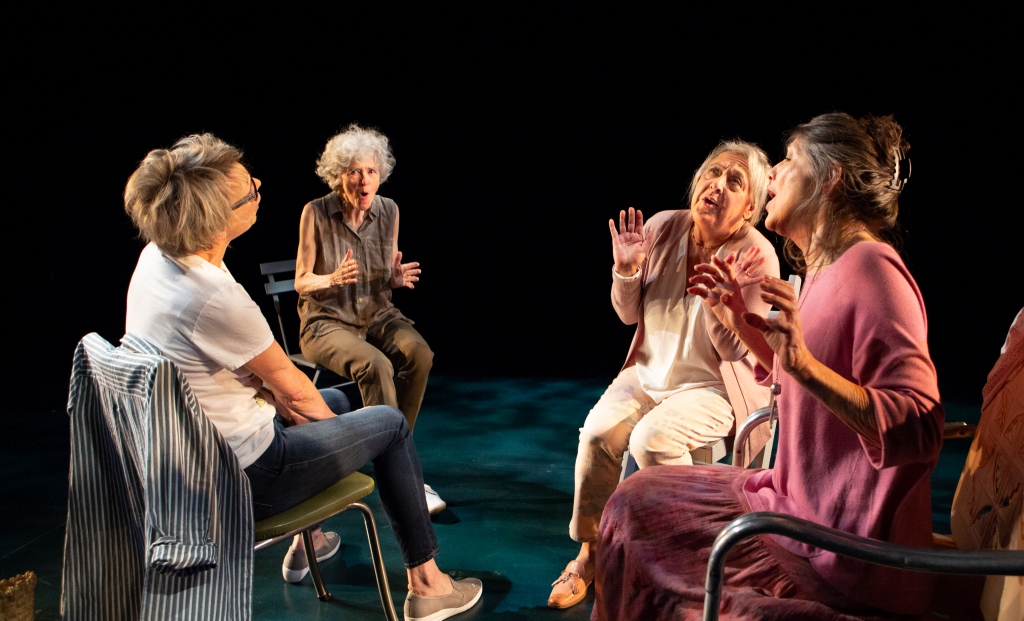
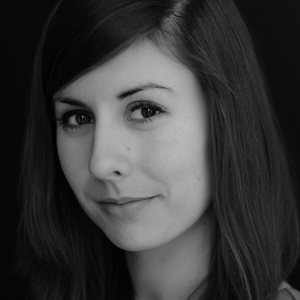






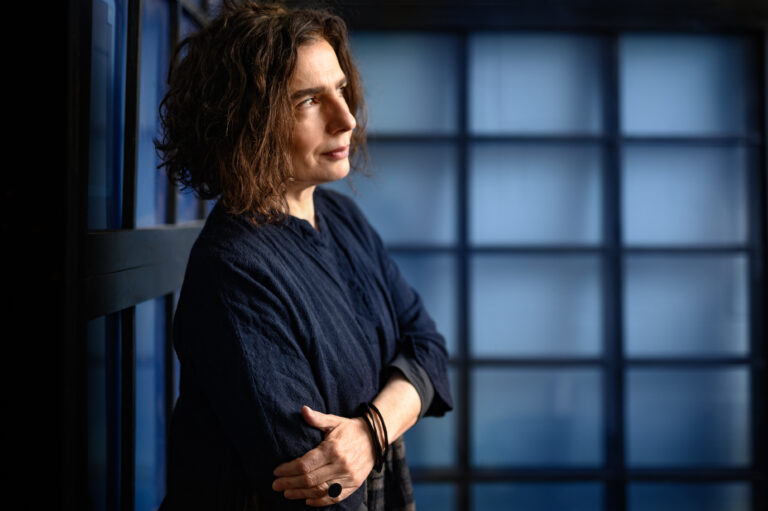
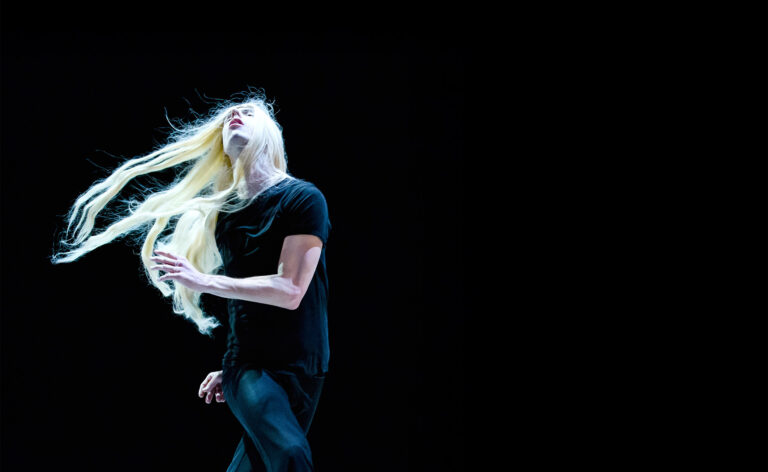
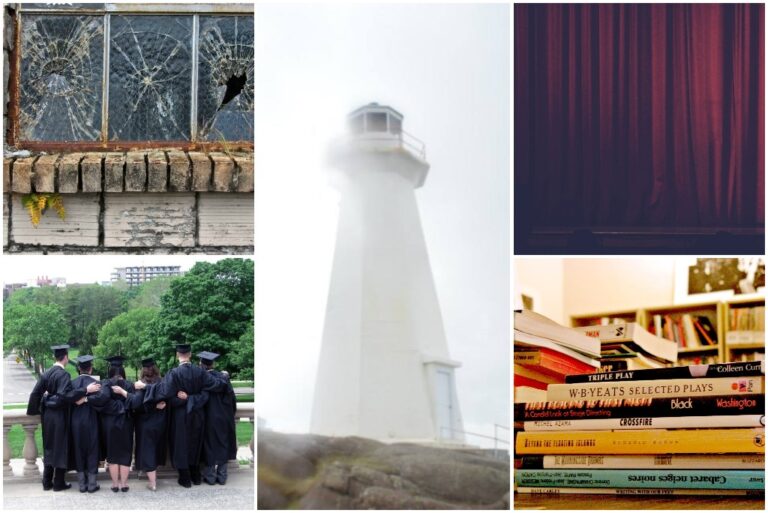


Comments